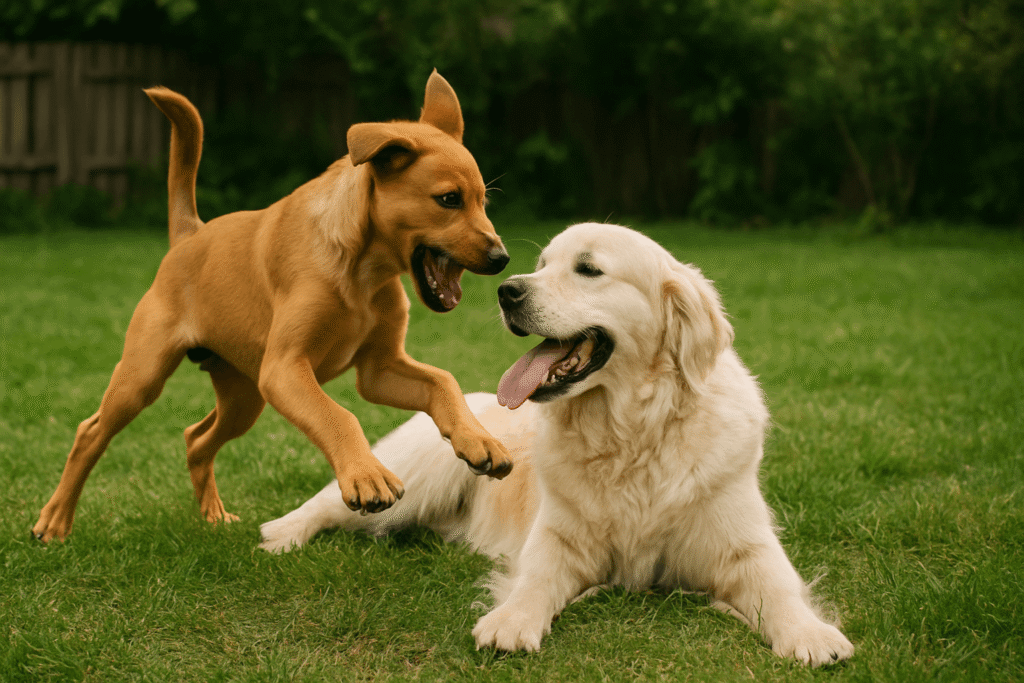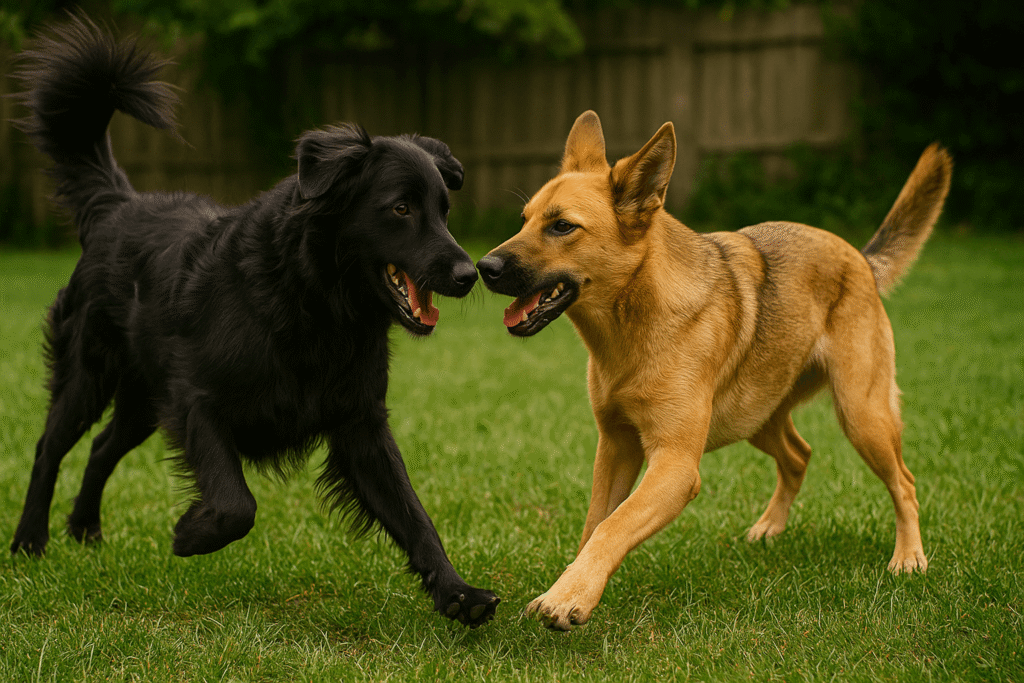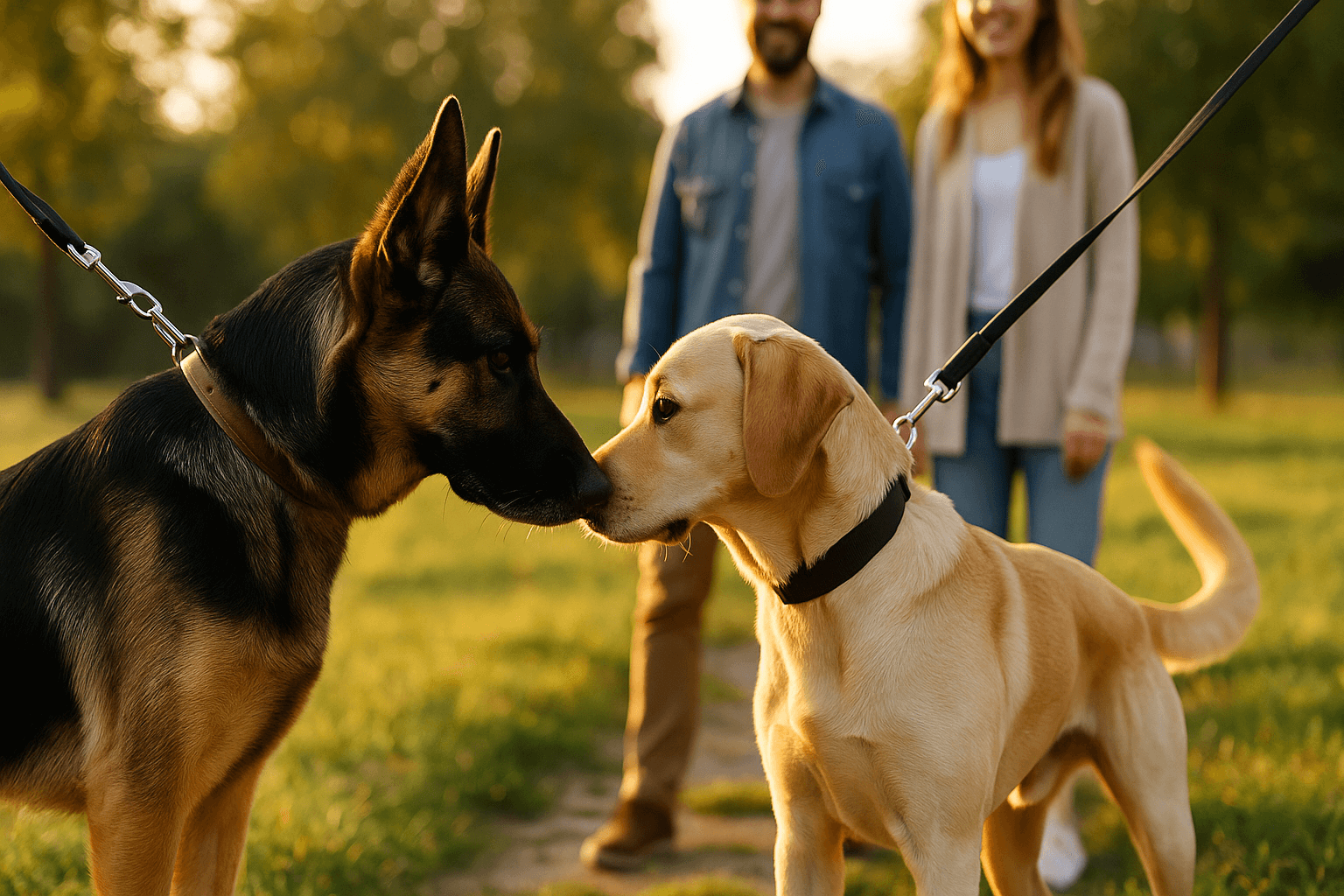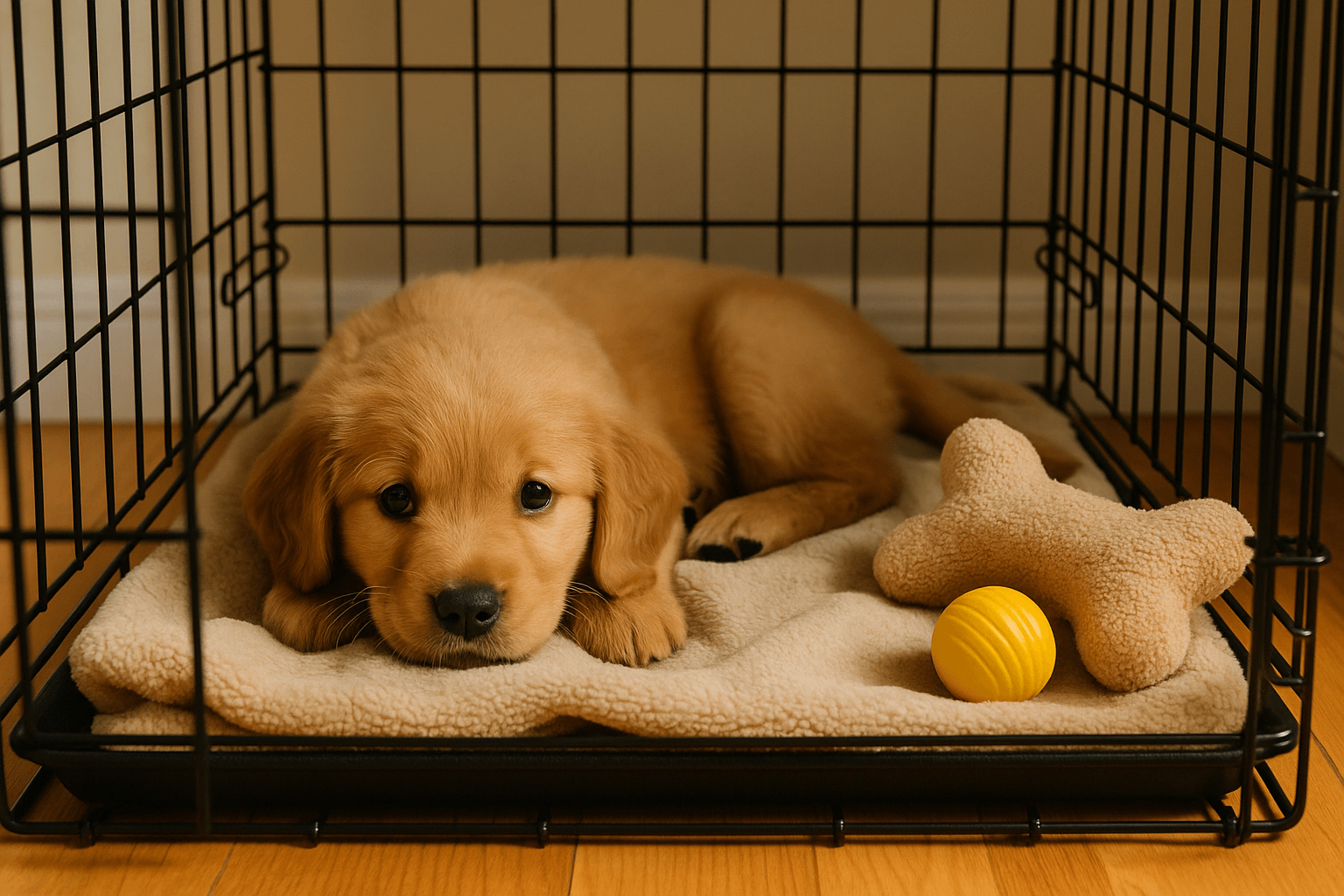Is Your Dog More Social Than You? Understanding Canine Friendships
Dogs are known for their loyalty to humans—but what about their relationships with each other? New studies and real-world observations suggest that many dogs thrive on social interaction, often seeking out friendships with other dogs in ways that may surprise even the most devoted pet parents. Understanding canine friendships isn’t just fascinating—it’s essential for raising a happy, emotionally healthy dog.

The Science of Canine Social Behavior
Dogs are inherently social animals. Descended from wolves, they’re biologically wired to function within packs, and that social instinct remains strong. Even in domestic settings, dogs often crave companionship beyond their bond with humans.
Social behaviors in dogs include:
- Playfulness: Dogs initiate games like chase, tug-of-war, or wrestling with other dogs as a way to bond and learn social cues.
- Greeting rituals: Dogs sniff and mirror each other’s movements as a form of introduction and acceptance.
- Protective tendencies: Some dogs form tight-knit bonds and display signs of loyalty or mild guarding toward a canine companion.
- Mimicry: Dogs often learn behaviors and tricks faster by observing others, especially in group settings.
These interactions aren’t random—they’re deeply meaningful to dogs and can reflect genuine emotional connections.
Do Dogs Have “Best Friends”?

Yes, many dogs do show preference for specific canine companions. In environments like doggy daycares, parks, and multi-pet households, some dogs repeatedly seek out the same playmates. This isn’t just habit—it suggests comfort, compatibility, and mutual trust.
Signs your dog has a “best friend” include:
- Relaxed body language when the other dog is near.
- Excitement upon seeing the friend, such as tail wagging and playful barks.
- Cooperative play and willingness to share toys or space.
- Distress or searching behavior when the friend leaves.
Some studies even compare these attachments to human childhood friendships, reinforcing the depth of emotion behind canine social bonds.

Why Socialization Matters for Your Dog’s Well-being
Regular, positive interaction with other dogs contributes significantly to a dog’s mental and physical health.
Benefits include:
- Reduced anxiety and aggression: Dogs that are well-socialized are typically more confident and less reactive.
- Improved behavior at home: Socialized dogs are less likely to engage in destructive behavior due to boredom or stress.
- Better adaptability: Dogs comfortable around others handle vet visits, boarding, and travel more easily.
- Physical exercise: Playdates and group walks provide healthy outlets for energy.
Just like humans, dogs benefit emotionally from meaningful connections—and loneliness or isolation can negatively impact their behavior and mood.
How to Encourage Healthy Dog Friendships
Fostering your dog’s social life takes time, patience, and supervision.
Here’s how to do it:
- Start with calm introductions: Let dogs meet on neutral ground, on-leash at first, and observe body language.
- Visit dog parks during off-peak hours: This helps your dog acclimate to the environment without overwhelming stimuli.
- Enroll in group classes: Obedience or agility classes offer structure and social exposure in a controlled setting.
- Host dog playdates: Invite a dog your pet is familiar with to your home or meet in a quiet area.
- Supervise interactions: Monitor play to ensure it stays friendly—look for mutual engagement, pauses in play, and relaxed posture.
Not every dog is highly social, so respect individual personality. Some dogs prefer one-on-one time or limited interaction, while others may flourish in groups.
Final Thoughts
Your dog may be more socially inclined than you think. From casual playmates to close canine companions, dogs form real, rewarding relationships with their fellow pets. Encouraging these connections can lead to a happier, healthier dog—and just maybe, a few new friends for you too.
